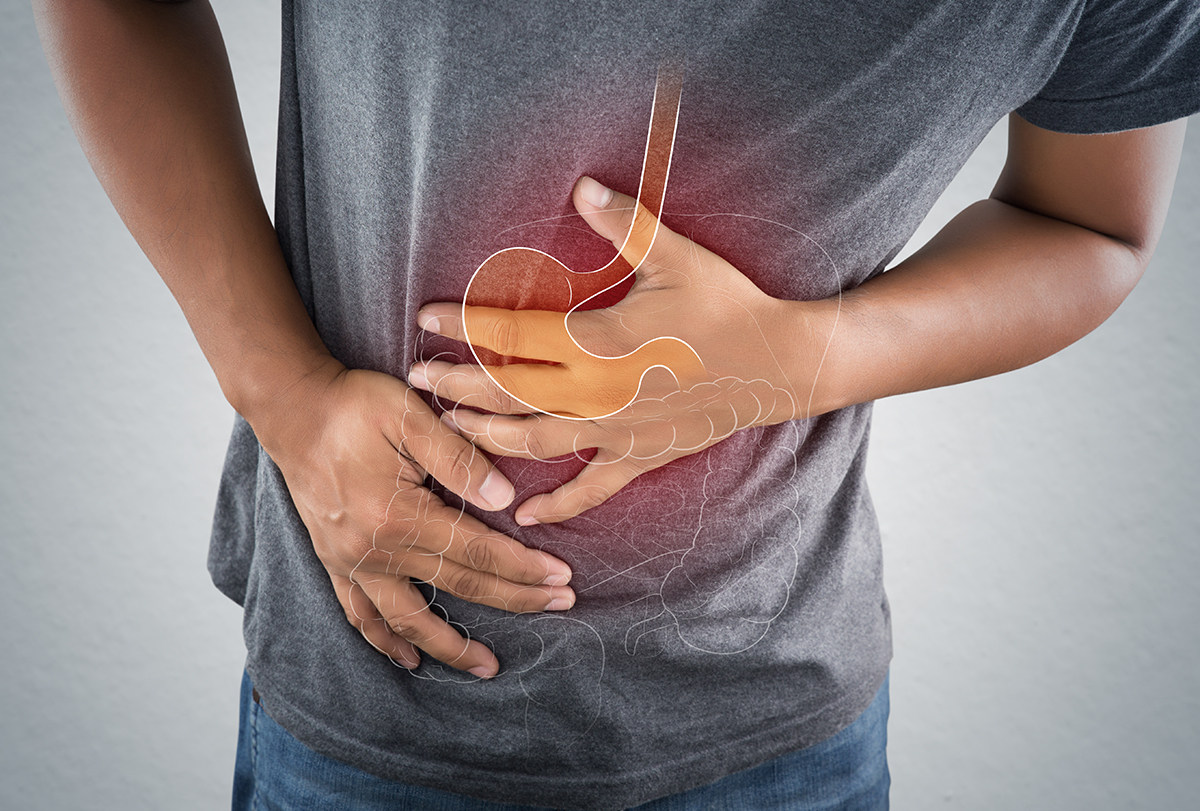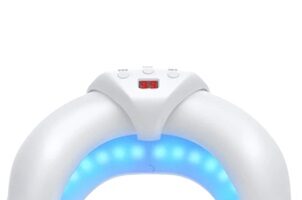Acid reflux, also known as gastroesophageal reflux disease (GERD), is when the stomach contents leak back up into the esophagus. This may cause heartburn and other symptoms. GERD can be caused by several factors, including obesity, smoking, and pregnancy. In some cases, it may be caused by a problem with the lower esophageal sphincter (LES), the muscle that opens and closes to let food into the stomach. A Dallas acid reflux specialist may prescribe medications to help reduce the stomach acid if you have acid reflux. This article looks at some of the most common treatments for acid reflux.
Lifestyle Changes
Acid reflux can sometimes come about due to lifestyle factors, such as eating unhealthy foods or drinking alcohol. If you are overweight, losing weight can help reduce the risk of developing acid reflux. You should also avoid smoking and drinking alcohol, which can irritate the stomach and increase the likelihood of acid reflux.
Your doctor may also recommend that you make some changes to your diet. You should avoid eating spicy or fatty foods, as these can increase the risk of acid reflux. It is also a good idea to drink plenty of water and eat plenty of fruits and vegetables.
Medications
If lifestyle changes and dietary modifications do not help reduce the symptoms of acid reflux, your doctor may prescribe medications to help. Several different drugs can be used, including antacids, H2 blockers, and proton pump inhibitors (PPIs).
Antacids are medications that help to neutralize stomach acid. They come in tablets or liquids and are usually taken when symptoms occur. H2 blockers are medications that help to reduce the amount of acid produced by the stomach. They work by blocking the action of histamine, a hormone that triggers the production of stomach acid.
Proton pump inhibitors are medications that work by inhibiting the enzyme in the stomach that produces stomach acid. It reduces the amount of acid produced and helps reduce the symptoms of acid reflux.
Surgery
In some cases, surgery may be necessary to treat acid reflux. It may involve the surgical removal of the lower esophageal sphincter (LES) or the construction of a gastric bypass. These procedures help to reduce the risk of stomach contents leaking back up into the esophagus.
Standard surgical procedures include LINX surgery and Nissen fundoplication. LINX surgery is a procedure in which a band of metal beads is placed around the lower esophageal sphincter. It helps to keep the sphincter tightly closed and reduces the risk of stomach contents leaking back up into the esophagus.
Nissen fundoplication is a procedure in which the upper part of the stomach is wrapped around the lower esophageal sphincter. This helps to keep the sphincter tightly closed and reduces the risk of stomach contents leaking back up into the esophagus.
To summarize, acid reflux is when the stomach contents leak back up into the esophagus. If you have acid reflux, you can treat it by making lifestyle changes, such as losing weight or avoiding fatty and spicy foods, and taking medications, such as antacids, H2 blockers, and proton pump inhibitors. If these treatments do not help reduce the symptoms, your doctor may recommend surgery.





